Valcyte 450mg Tablet (Ganciclovir)
₨80,000.00
Valcyte tablet contains Ganciclovir which is now available in Pakistan at Online Pharmacy. The price of Valcyte tablets is Rs.75,000/- to Rs.85,000/-.
Product Description:
Brand: Valcyte
Packet Size: 60’s Tablets
Active ingredient: Ganciclovir
Manufacturer: Roche Products Limited
Treatment: CMS eye retina infection
Additional Details
Uses of Valcyte 450mg Tablets
Valcyte 450 mg tablets are mainly used for two important reasons:
To Prevent CMV Disease: If you’ve had a solid organ transplant (like a heart, kidney, or pancreas) from someone who has CMV, taking Valcyte can help stop you from getting CMV disease. This is especially crucial for people with weakened immune systems, including both adults and children.
To Treat CMV Retinitis: For adults with AIDS, CMV can cause an eye infection known as retinitis, which might lead to vision issues or blindness. Valcyte is used to manage this infection, helping to protect your eyes and keep the virus under control.
How Does Valcyte Work?
Valcyte is a medicine used to treat or prevent infections caused by a virus called cytomegalovirus (CMV). Here’s how it works in simple terms:
Antiviral Action: Valcyte is part of a drug family that looks like DNA building blocks but with a twist. This twist is crucial for stopping the virus.
Becoming Active: After you take it, your body changes Valcyte into its active form, called ganciclovir.
Fighting the Virus: Ganciclovir goes after the CMV virus by targeting its DNA, which is necessary for the virus to multiply.
Stopping the Virus: Once ganciclovir is part of the viral DNA, it stops the virus from making more of its DNA. This halts the virus in its tracks.
Slowing Down the Infection: With the virus unable to multiply, Valcyte helps slow down the infection, preventing it from spreading further.
How Should You Take Valcyte Tablets?
To take Valcyte tablets correctly, follow your doctor or pharmacist’s instructions closely. If you’re unsure about anything, don’t hesitate to ask them for clarification. Here are some key points to remember:
Handle the tablets with care. Avoid breaking or crushing them. Instead, swallow each tablet whole, preferably with food.
If you accidentally touch a broken tablet, make sure to wash your hands thoroughly with soap and water.
In case any tablet powder gets into your eyes, rinse them immediately with sterile water or, if that’s not available, with clean water.
Recommended Dosage of Valcyte 450mg Tablets
You should take two tablets of Valcyte twice a day for 21 days, which equals three weeks. Remember not to continue this dosage for more than 21 days unless your doctor advises otherwise, as it could raise the chances of experiencing side effects.
Warnings and Precautions of Valcyte Tablets
Warnings
Do not take Valcyte if you are allergic to valganciclovir, ganciclovir, or any other ingredients in the medication, or if you are breastfeeding.
Speak with your doctor or pharmacist before starting Valcyte if you have allergies to aciclovir, penciclovir, valaciclovir, or famciclovir, which are other medications used for viral infections.
Precautions
You have low levels of white blood cells, red blood cells, or platelets in your blood. Your doctor will conduct blood tests before and during your Valcyte treatment.
You are undergoing radiotherapy or haemodialysis.
You have kidney problems. Your doctor might prescribe a lower dose and may need to monitor your blood frequently during treatment.
You are switching from ganciclovir capsules to Valcyte tablets. It’s crucial not to exceed the prescribed tablet count to avoid overdosing.
Possible Side of Valcyte Tablets
When taking Valcyte, you should be aware of potential side effects. While not everyone experiences them, it’s essential to recognize them. Here’s what to watch out for:
Allergic reactions:
In rare cases, about 1 in every 1,000 people, there may be a sudden and severe allergic reaction to valganciclovir, leading to anaphylactic shock. If you notice any of the following, stop taking Valcyte immediately and seek emergency medical help:
Raised, itchy skin rash (hives).
Sudden swelling of the throat, face, lips, or mouth, which can make swallowing or breathing difficult.
Sudden swelling of the hands, feet, or ankles.
Serious side effects:
If you experience any of the following serious side effects, inform your doctor right away. They may advise you to discontinue Valcyte and seek urgent medical attention:
Very common side effects (may affect more than 1 in 10 people):
Low white blood cell counts are indicated by signs of infection like sore throat, mouth ulcers, or fever.
Low red blood cell counts are characterized by feeling short of breath or tired, palpitations, or pale skin.
Common side effects (may affect up to 1 in 10 people):
Blood infection (sepsis), recognized by fever, chills, palpitations, confusion, or slurred speech
Low platelet levels, leading to easy bleeding or bruising, blood in urine or stools, or bleeding from gums, which could be severe.
Severely low blood cell count.
Pancreatitis, identified by severe stomach pain spreading into the back.
Seizures (fits).
Uncommon side effects (may affect up to 1 in 100 people):
Failure of the bone marrow to produce blood cells.
Hallucinations, such as hearing or seeing things that aren’t real.
Abnormal thoughts or feelings, losing touch with reality.
Kidney function failure.
Can We Use Other Medicines with Valcyte 450mg Tablets?
Before taking Valcyte, it’s crucial to inform your doctor or pharmacist about any other medications you are currently taking, have recently taken, or might take, even those obtained without a prescription. Combining Valcyte with other medicines can affect how much of the drug enters your bloodstream or could lead to harmful effects. Make sure to tell your doctor if you are already using medications containing any of the following:
Imipenem-cilastatin (an antibiotic), as taking it with Valcyte can trigger convulsions (fits).
Drugs used to treat AIDS, such as zidovudine, didanosine, lamivudine, stavudine, tenofovir, abacavir, emtricitabine, or similar medications.
Medicines used to treat Hepatitis B, like adefovir, or any other medications for this condition.
Probenecid (a gout medication), as combining it with Valcyte may increase the amount of ganciclovir in your blood.
Medications used after transplantations, such as mycophenolate mofetil, ciclosporin, or tacrolimus.
Drugs used to treat cancer, like vincristine, vinblastine, doxorubicin, hydoxyurea, or similar medications.
Antibiotics like trimethoprim, trimethoprim/sulpha combinations, and dapsone.
Pentamidine (a drug for treating parasite or lung infections).
Anti-fungal agents like flucytosine or amphotericin B.
Can You Take Valcyte Tablet If You’re Pregnant?
It’s not recommended to use Valcyte (valganciclovir) tablets during pregnancy because of potential risks to the developing baby. Studies on animals have shown that valganciclovir, the active ingredient in Valcyte, can lead to birth defects, but it’s unclear if similar effects occur in humans. Here’s what you need to know:
Pregnancy should be avoided in women taking Valcyte or in female partners of male patients using Valcyte.
Women who could become pregnant should take a pregnancy test before starting Valcyte treatment and should use reliable contraception during treatment and for at least 30 days after stopping.
Men taking Valcyte should use barrier contraception (like condoms) during treatment and for at least 90 days after their last dose.
These precautions are important to minimize potential risks to you and your baby.

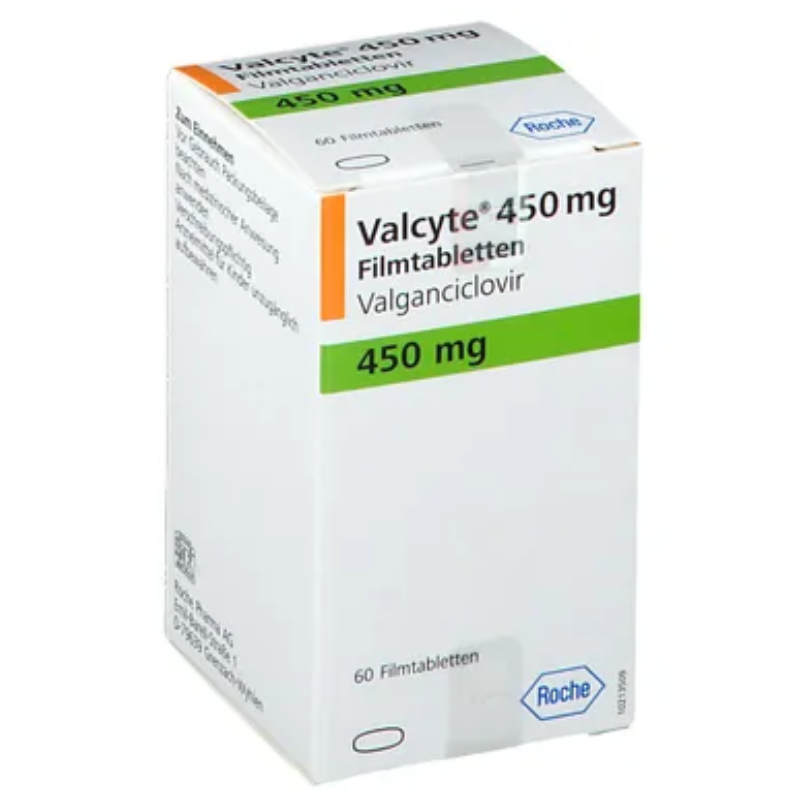

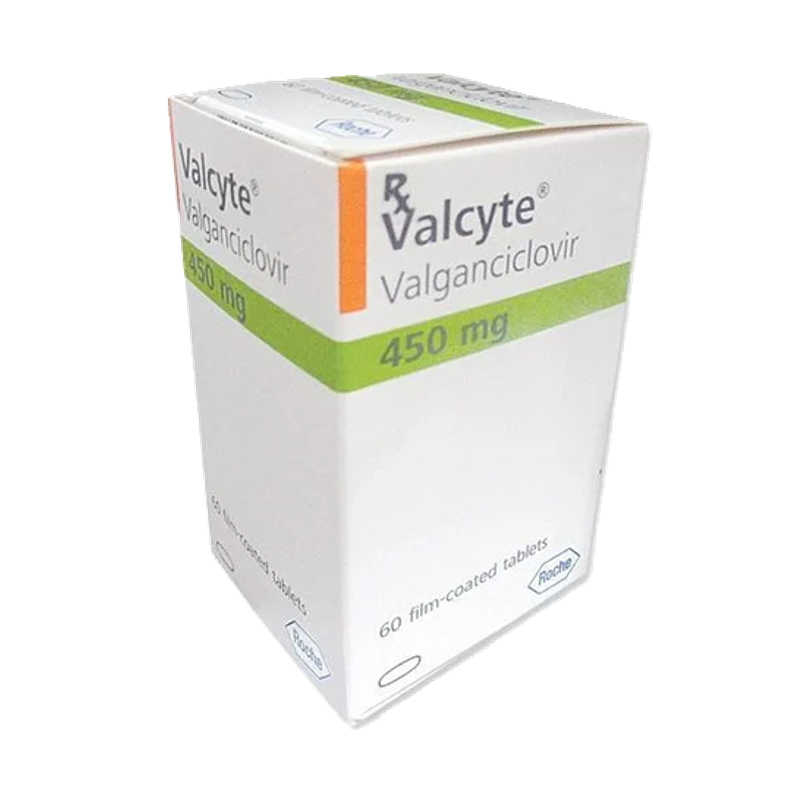
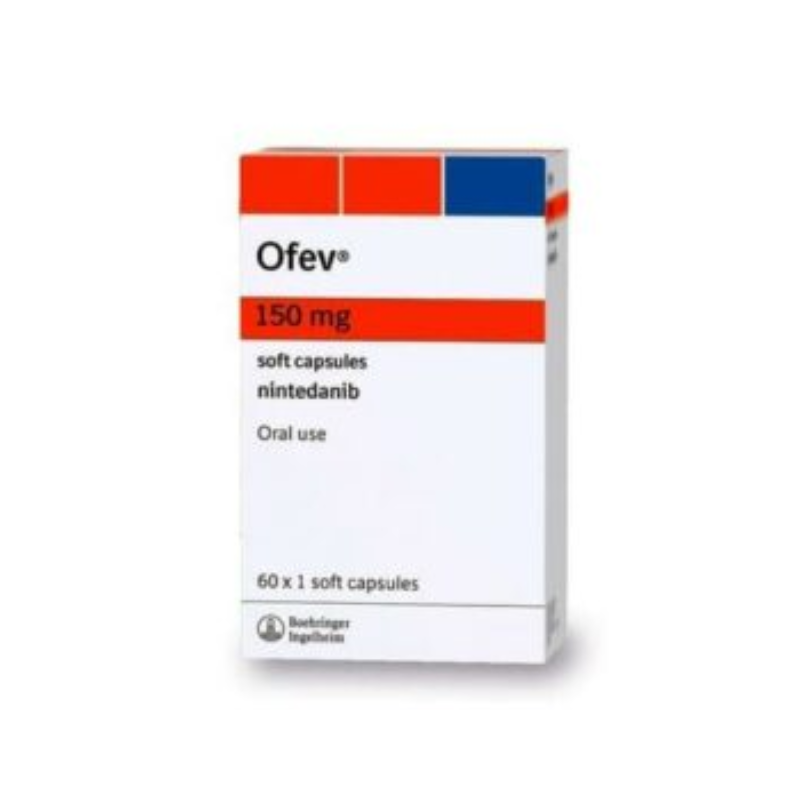
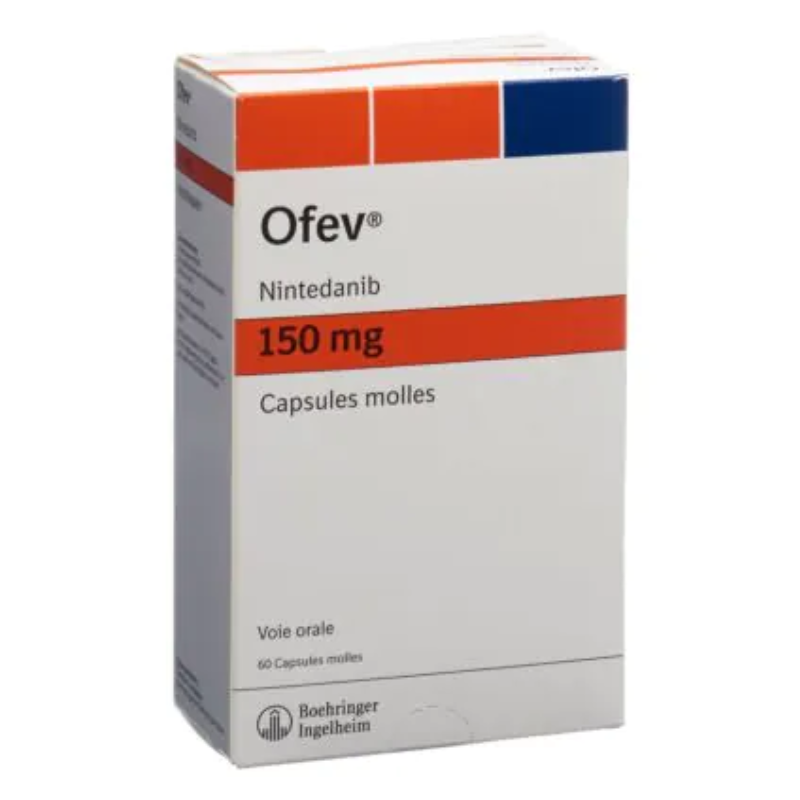
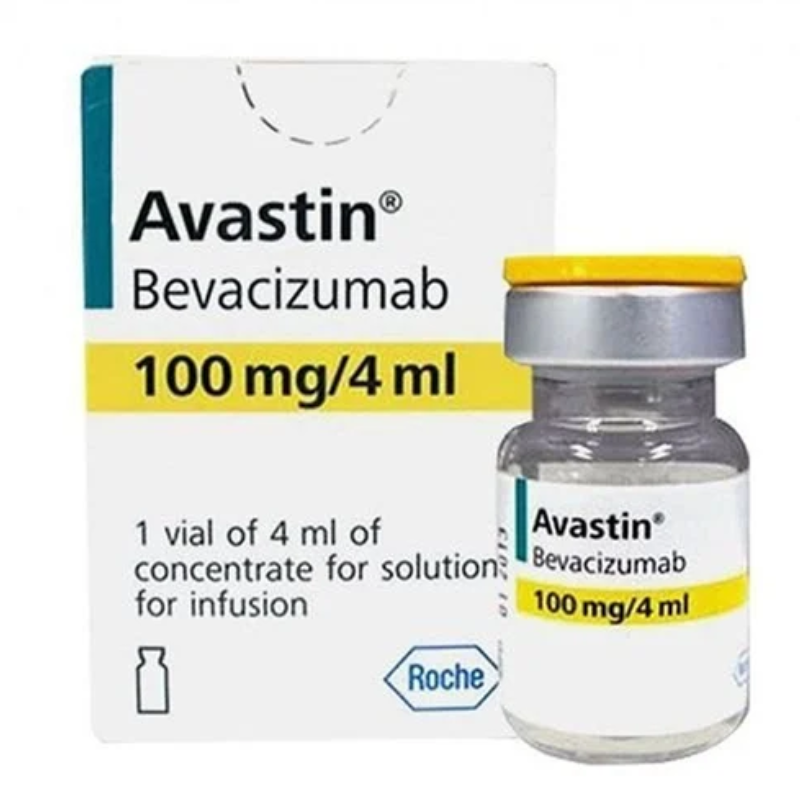


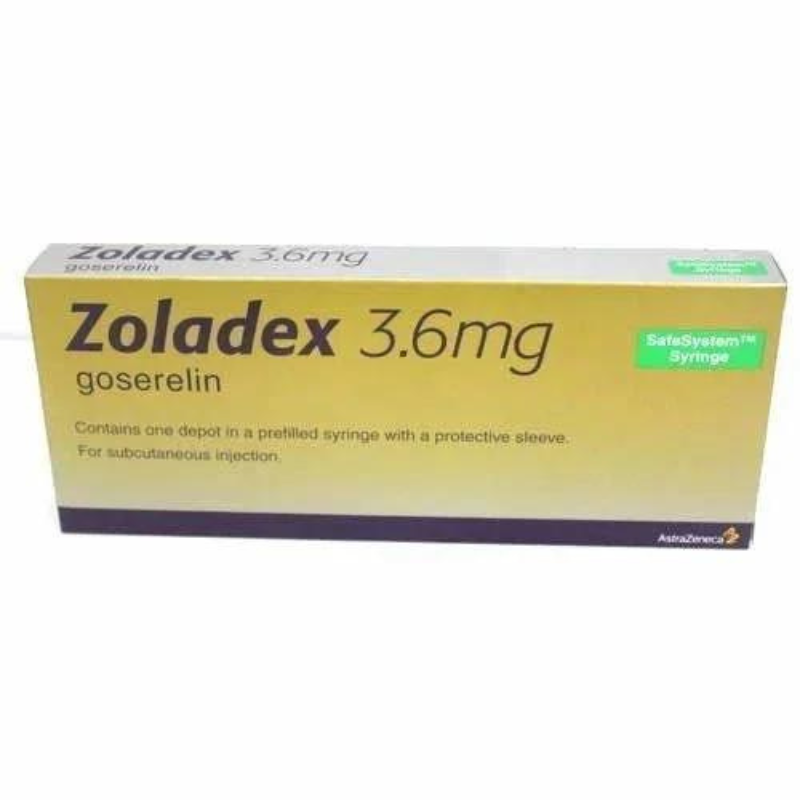
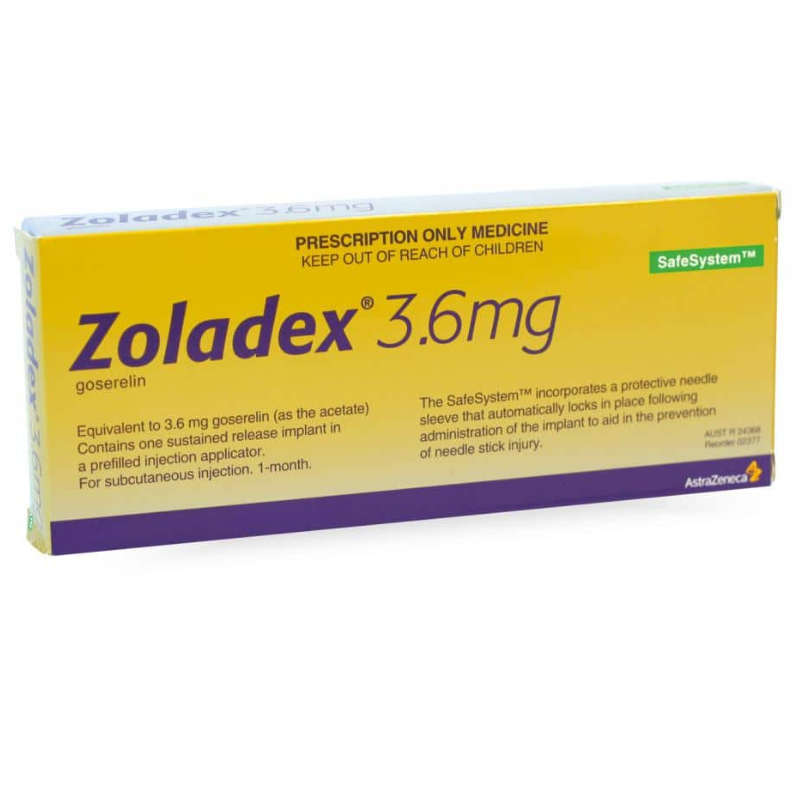
Sara Tahir –
well tolerated medicines as compared to the others and custom service was very helpful for the price point.
Syed adeem –
medicine prices were reasonable compared to others and delivered on time.